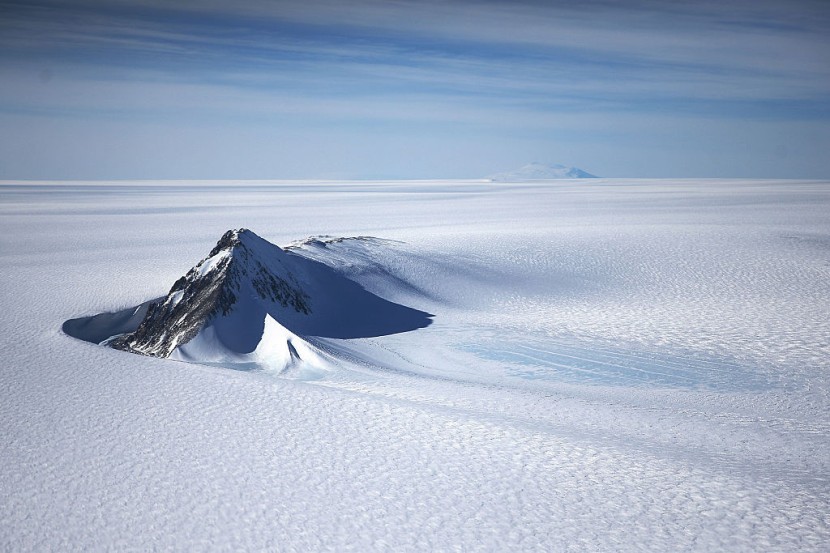
The global pandemic has been more literal and rings more true.
The advent of COVID-19 has affected all seven continents following the recording of novel coronavirus cases in secluded Antarctica for the first time on Monday.
Antarctica No More COVID-19-Free
Antarctica was once the mere continent not to be affected by the COVID-19 pandemic. The 36 new infections involve individuals situated at a Chilean research base and comprise 26 Chilean army members and 10 maintenance workers.
It is now official that the global pandemic has now spread to all continents on the planet, reported Narcity.
According to the Chilean army confirming the news that multiple members had tested positive for coronavirus, "Thanks to the timely preventive action... it was possible to relieve said personnel, who, after being subjected to medical control and the administration of a PCR test... turned out to be positive for COVID-19."
A number of individuals who contracted COVID-19 exhibited symptoms prior to undergoing a PCR test.
At least three ship workers that had taken personnel and supplies to the research station also contracted the virus after returning from their trip, reported The Hill.
According to the Chilean Army's statement, they have an "unconditional commitment to safeguard the health of its members." The statement added that personnel on the Chilean military research base have been isolated and are "constantly monitored with the support from the Health Authority of the Magallanes and Chilean Antarctic Region, achieving so far a favorable diagnosis and without any complications associated with COVID-19 by our staff, "reported CNN.
The research base is named General Bernardo O'Higgins Riquelme Research Base.
The impacted personnel are all currently in good condition and were transferred to the coastal city of Punta Arenas in Chile and quarantined.
Spanish-language media declared the outbreak at the research base on Monday.
The infected people tested positive for COVID-19 after the "administration of a PCR test," according to a statement by the Chilean army. The Chilean army added it was made possible to relieve the infected personnel courtesy of timely preventive action.
On the island, General Bernardo O'Higgins Riquelme is among the 13 Chilean bases.
Efforts to control the virus in Antarctica has come at a cost as all major research projects in the continent have been paused for the time being.
The research base's location is on the northernmost point of the Antarctic Peninsula.
There are no permanent residents in Antarctica, but there have been more than 1,000 people residing in the location for scientific purposes.
The Sargento Aldea's arrival at the base was on November 27. It sailed back to Chile on December 10, and Chile's navy remarked that individuals who embarked on the trip did not contract COVID-19.
Chile has registered at least 589,189 total confirmed cases and 16,217 fatalities as of Tuesday, according to the Chilean Health Ministry.
Antarctica's population is 1,000 in winter and an estimated 5,000 in summer, in addition to individuals who work on islands surrounding the continent.
Since December 2019, the global pandemic has had an estimated 1.7 million fatalities in 191 countries and regions.
Related Article : WHO: New COVID-19 Variant a Normal Part of Pandemic Evolution
© 2026 HNGN, All rights reserved. Do not reproduce without permission.








